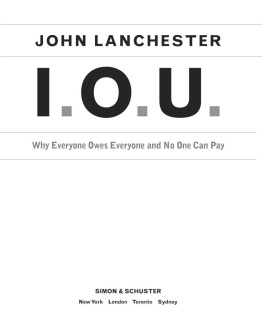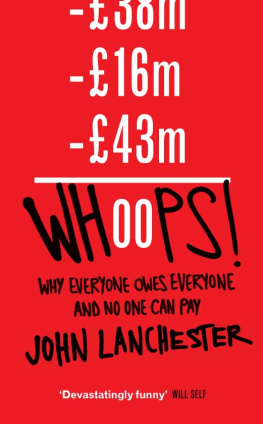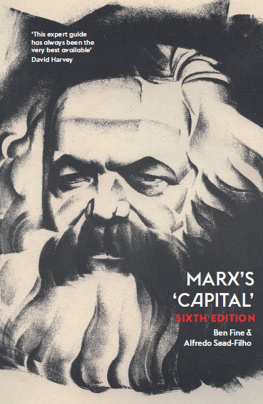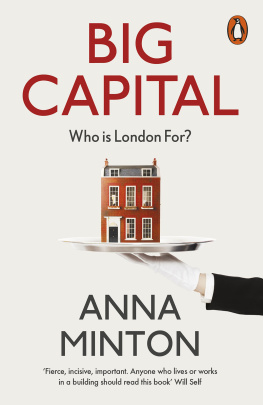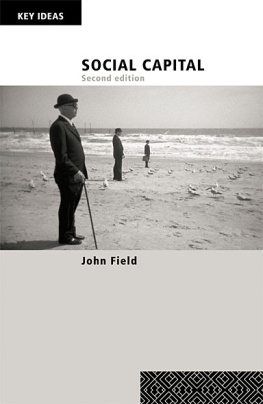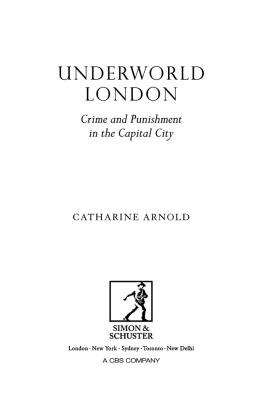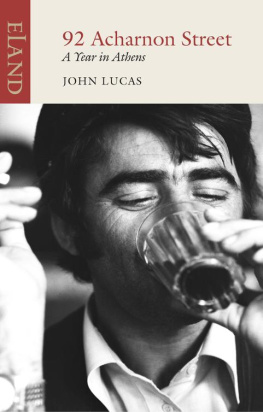
2012
For Jesse and Finn
and Miranda
At first light on a late summer morning, a man in a hooded sweatshirt moved softly and slowly along an ordinary-looking street in South London. He was doing something, though a bystander would have been hard put to guess what. Sometimes he crept closer to houses, sometimes he backed further away. Sometimes he looked down, sometimes he looked up. At close range, that bystander would have been able to tell that the young man was carrying a small high-definition video camera except there was no bystander, so there was no one to notice. Apart from the young man, the street was empty. Even the earliest risers werent up yet, and it wasnt a day for milk delivery or rubbish collection. Maybe he knew that, and the fact that he was filming the houses then was no coincidence.
The name of the place where he was filming was Pepys Road. It didnt look unusual for a street in this part of town. Most of its houses were the same age. They were built by a property developer in the late nineteenth century, during the boom that followed the abolition of the tax on brick. The developer hired a Cornish architect and Irish builders and the houses were built over a period of about eighteen months. They were three storeys high, and no two were identical, because the architect and his workmen created tiny variations in them, to do with the shape of the windows, or the chimneys, or the detailing of the brickwork. In the words of a guidebook to local architecture: Once this is noticed, it is pleasing to look at the buildings and detect the small differences. Four of the houses in the street were double-fronted, with twice as much space as the others; because space was at such a premium, they were worth about three times as much as the single-fronted properties. The young man seemed to take a special interest in filming these bigger, more expensive houses.
The properties in Pepys Road were built for a specific market: the idea was that they would appeal to lower-middle-class families willing to live in an unfashionable part of town in return for the chance to own a terraced house a house large enough to have room for servants. For the first years they were lived in not by solicitors or barristers or doctors, but by the people who worked or clerked for them: the respectable, aspirational no-longer-poor. Over the next decades, the demographics of the street wobbled up and down in age, up and down in class, as it became more or less popular with upwardly mobile young families, and as the area did well or less well. The area was bombed in the Second World War, but Pepys Road was unaffected until a V-2 rocket hit in 1944 and destroyed two houses in the middle of the street. The gap stayed there for years, like a pair of missing front teeth, until a new property with balconies and French windows, looking very strange amid the Victorian architecture, was built there in the fifties. During that decade, four houses in the street were lived in by families recently arrived from the Caribbean; the fathers all worked for London Transport. In 1960 a small irregularly shaped patch of grass at one end of Pepys Road, vacant since the previous structure was destroyed by German bombs, was concreted over and a two-up-two-down corner shop was built there.
It would be hard to put your finger on the exact point when Pepys Road began its climb up the economic ladder. A conventional answer would be to say that it tracked the change in Britains prosperity, emerging from the dowdy chrysalis of the late 1970s and transforming into a vulgar, loud butterfly of the Thatcher decades and the long boom that followed them. But it didnt seem quite like that to people who lived in the street not least because the people who lived in the street changed too. As house prices slowly rose, the working classes, indigenous and immigrant, cashed in and moved out, usually looking to find bigger houses in quieter places, with neighbours like themselves. The new arrivals tended to be more middle-class, with husbands who worked at decently paid but not spectacular jobs, and wives who stayed at home and looked after the children because these houses were still, as they always had been, popular with young families. Then, as prices rose and times changed, the new arrivals were families in which both parents worked and the children were in childcare either in the home or out of it.
People began to do up the houses, not in the ad hoc way of previous decades but with systematic make-overs in the knocking-through, open-plan style that became fashionable in the seventies and never really went away. People converted their lofts; when the council veered to the left in the 1980s and stopped giving permission for that, a group of residents banded together and fought a test case for the right to expand their houses upwards, and won it. Part of their argument was that these houses had been built for families, and that loft conversions were entirely in keeping with the spirit in which they were built which was true. Someone in the street was always doing up a house; there was never a time when there werent skips outside, builders vans hogging the street, and all the banging, crashing, drilling, pounding, roaring, and turned-up transistor radios of builders and scaffolders that came as part of the package. The activity slowed down for a little after the housing crash of 1987, but began to pick up again ten years later. By late 2007, after many more years of a new boom, it was usual for two or three houses in the street to be undergoing some sort of major renovation at the same time. The fashion was for people to install basements, at a cost usually starting around 100,000 a time. But as more than one of the people digging out the foundations of their house liked to point out, although the basements cost hundreds of thousands of pounds, they also added at least that much to the value of the house, so looked at from a certain point of view and because many of the new residents worked in the City of London, this was a popular point of view the basement conversions were free.
All this was part of a big change in the nature of Pepys Road. Over its history, almost everything that could have happened in the street had happened. Many, many people had fallen in love and out of love; a young girl had had her first kiss, an old man had exhaled his last breath, a solicitor on his way back from the Underground station after work had looked up at the sky, swept blue by the wind, and had a sudden sense of religious consolation, a feeling that this life cannot possibly be all, and that it is not possible for consciousness to end with the end of life; babies had died of diphtheria, and people had shot up heroin in bathrooms, and young mothers had cried with their overwhelming sense of fatigue and isolation, and people had planned to escape, and schemed for their big break, and vegged out in front of televisions, and set fire to their kitchens by forgetting to turn the chip pan off, and fallen off ladders, and experienced everything that can happen in the run of life, birth and death and love and hate and happiness and sadness and complex feeling and simple feeling and every shade of emotion in between.
Now, however, history had sprung an astonishing plot twist on the residents of Pepys Road. For the first time in history, the people who lived in the street were, by global and maybe even by local standards, rich. The thing which made them rich was the very fact that they lived in Pepys Road. They were rich simply because of that, because all of the houses in Pepys Road, as if by magic, were now worth millions of pounds.
This caused a strange reversal. For most of its history, the street was lived in by more or less the kind of people it was built for: the aspiring not-too-well-off. They were happy to live there, and living there was part of a busy and determined attempt to do better, to make a good life for themselves and their families. But the houses were the backdrop to their lives: they were an important part of life but they were a set where events took place, rather than the principal characters. Now, however, the houses had become so valuable to people who already lived in them, and so expensive for people who had recently moved into them, that they had become central actors in their own right.
Next page

